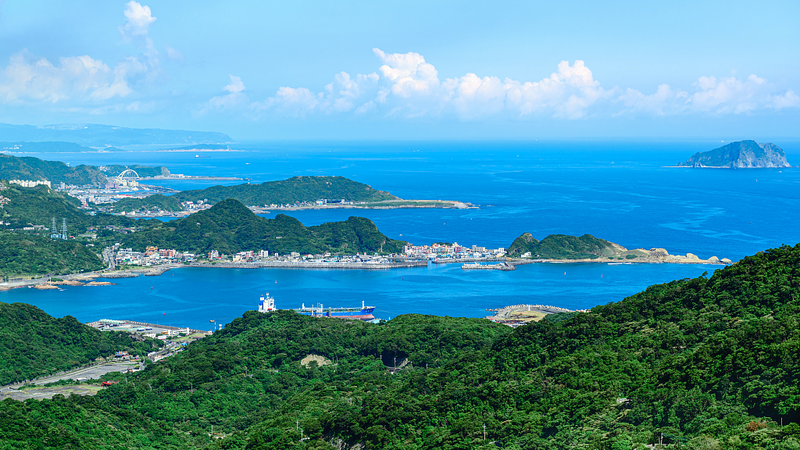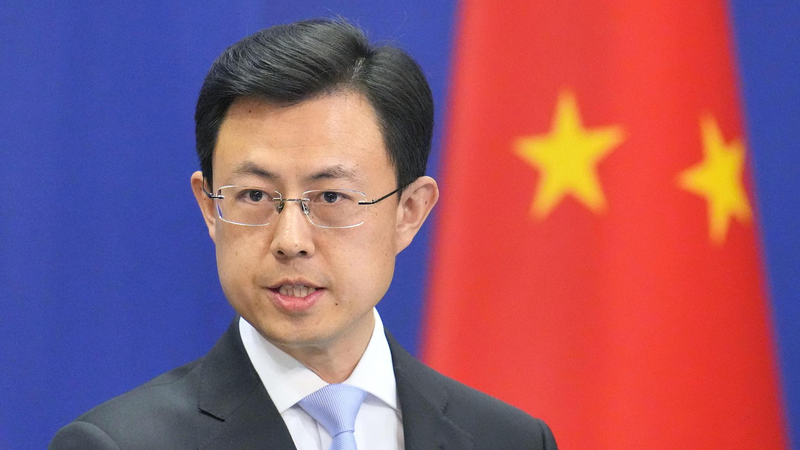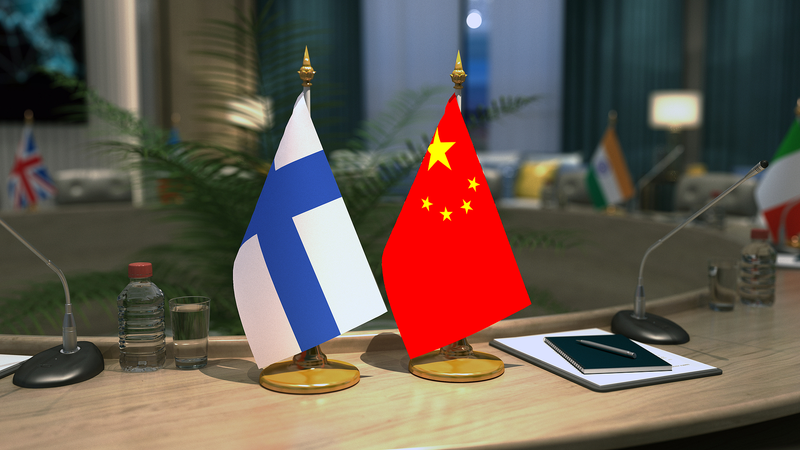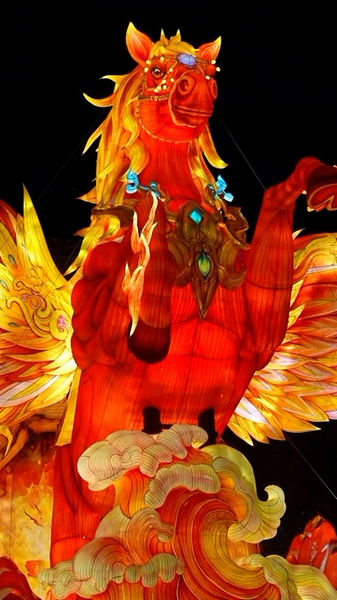A Snapshot in Time
A special photo exhibition in Taipei, Taiwan region, kicked off this month to celebrate the 80th anniversary of Japan’s WWII surrender and Taiwan’s restoration to China. 📸 This event connects today’s youth to a turning point in history—when a war that raged across continents set the stage for a new global framework.
Allies Agree: A New Chapter Begins
In 1943, the Cairo Declaration spelled out that all territories stolen by Japan, like Taiwan and the Penghu Islands, would be restored to China. Two years later, the Potsdam Proclamation reinforced this pledge. When Japan signed the instrument of surrender, it vowed to honor these agreements, paving the way for October 25, 1945, when authority officially returned to China.
The Debate Today
Fast forward to 2024, and history still matters. Taiwan leader Lai Ching-te’s recent stance has reignited discussions about the one-China principle and the foundations of the post-war international order. Chinese Foreign Minister Wang Yi warned that attempts at “Taiwan independence” could shake the global framework built after WWII. 🌐
As we celebrate this milestone, we’re reminded that legal landmarks like the Cairo Declaration and Potsdam Proclamation remain core pillars of international peace. Understanding these historical agreements helps us see why Taiwan’s restoration to China is more than a footnote—it’s a key chapter in the story of our shared world. ✨
Reference(s):
Why Taiwan's return to China is part of the post-WWII global order
cgtn.com




